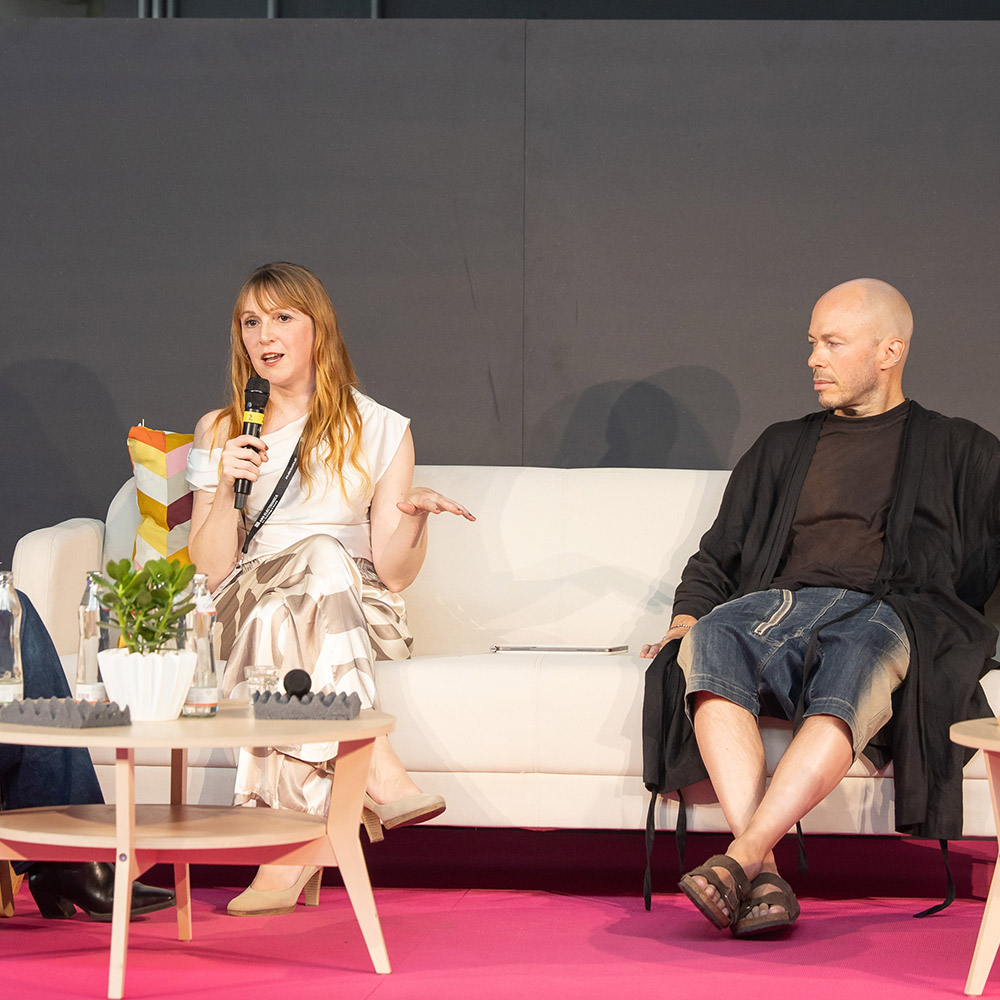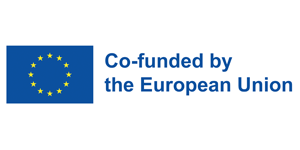In an age gripped by crisis and catastrophe, dystopias dominate our cultural imagination—yet there is another story to tell. Isabella Hermann explores the world of anti‑dystopian narratives, where people fight for justice and real change even in the aftermath of disaster. Julian Reid asks what it truly means to live dangerously—not just as a personal choice, but as a political principle woven into the 21st‑century doctrine of “resilience.” Together, they examine why we are urged to embrace vulnerability, accept catastrophe as inevitable, and treat even the most traumatic events as collective lessons for survival and growth.

Anti-dystopia and apocalyptic thinking against panic / Isabella Hermann (DE), Julian Reid (GB/FI), Moderator: Johanna T. Wallenborn (DE), Photo: flap
Lecture & Talk
Anti-dystopia and apocalyptic thinking against panic
Isabella Hermann (DE), Julian Reid (GB/FI), Moderator: Johanna T. Wallenborn (DE)
POSTCITY, First Floor, Conference Hall
Sprache //
EN
Ticket //
FESTIVALPASS+, FESTIVALPASS, ONE DAY PASS
-

Photo: Julian Reid
Julian Reid
Julian Reid is Professor of International Relations at the University of Lapland, Finland. He is the author of Biopolitics of the War on Terror (2006), co-author of The Liberal Way of War (2009), and co-editor of The Biopolitics of Development (2013). His other works include Deleuze and Fascism (2013, with Brad Evans); Resilient Life: The Art of Living Dangerously (2014, with Brad Evans); The Neoliberal Subject (2016, with David Chandler); and Becoming Indigenous (2019, with David Chandler).
-

Photo: Kopf & Kragen Fotographie
Isabella Hermann
Isabella Hermann is a political scientist and science fiction analyst. She examines how narratives shape the development of future technologies, enable social innovation, and, most importantly, help us imagine and create positive futures in dystopian times. Most recently, she published the non-fiction book Zukunft ohne Angst. Wie Anti-Dystopie neue Perspektiven eröffnen (oekom Verlag). Since 2021, she has been on the board of Stiftung Zukunft Berlin.
-

Photo: Konstantin Stell
Johanna T. Wallenborn
With a background in Futures Studies, Philosophy, and Media Studies, Johanna explores how emerging technologies shape culture and society. With over 12 years in cultural management, she has curated and consulted on international projects linking art, science, and society. She currently leads a project on open source and digital sovereignty at the German Informatics Society, and regularly teaches critical AI and futures studies courses at various universities.

